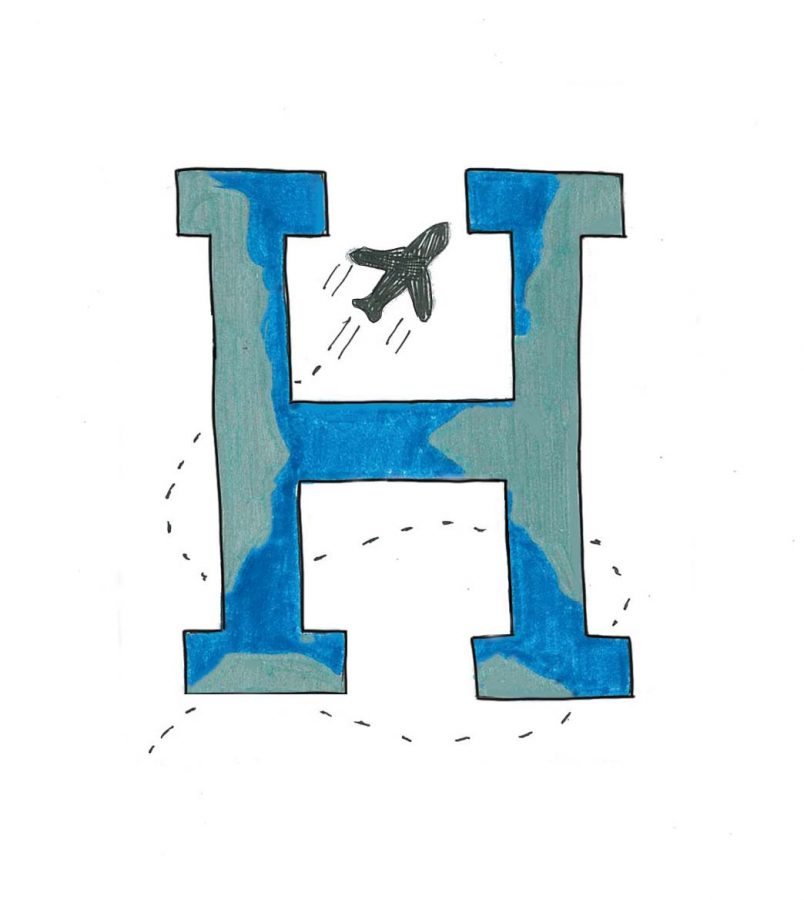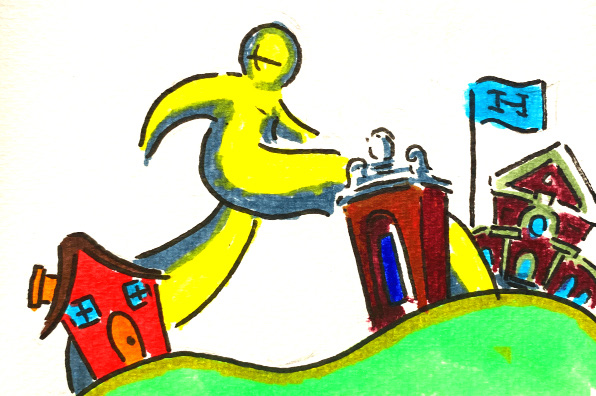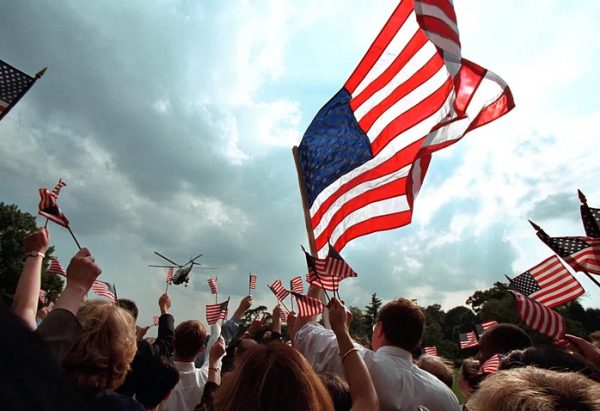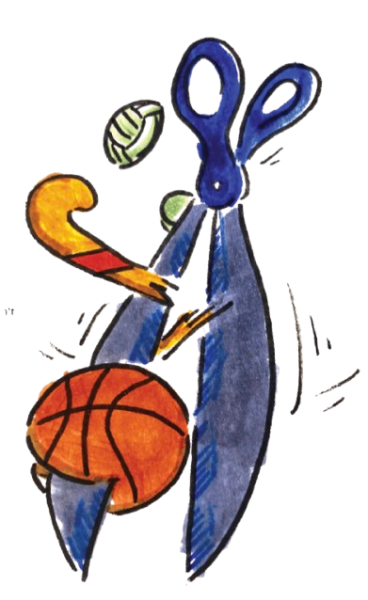Our Academic Potential
The last line of the Hotchkiss mission statement says that students should embody “empathy and responsible citizenship” and work towards the “betterment of self and society.”
This statement comes to life when we bring back to campus accomplished alumni who have dedicated themselves to careers that range from creating trailblazing medical advancements to social entrepreneurship. It is also apparent in the many clubs and organizations on campus that dedicate themselves to service. This commitment to service and altruism is especially admirable in a community full of impressive individual achievements.
As much as I see the mission statement’s living legacy, however, I can’t help but look back on my three years at Hotchkiss and see a missed opportunity to make these ideas a more tangible reality.
As much as this commitment to something greater than ourselves might be valued in our community, we also often complain of the consequences of the “Hotchkiss bubble.” We bemoan how easy it is for our own personal challenges – the rigor of our academic schedules, building of our resumés, and pursuing a swath of demanding goals – to prevent us from looking beyond our campus and out into the world.
Although I have only seen the beginning of the ongoing evolution of the school’s curriculum, such as the phasing out of AP’s and the ongoing focus on courses that take advantage of the Fairfield Farm, I hope that these changes will give faculty and students more flexibility in their learning. Instead of focusing syllabi on standardized tests, there should and hopefully will be more room to experiment and encourage creative, interdisciplinary thinking. This is an exciting opportunity, but teachers and students must take advantage of it, or we may find ourselves having AP classes – just without the name.
The removal of AP classes could lead to a change our teaching philosophy. History classes for lowerclass students could not only study civil disobedience through the lens of Thomas Paine or Henry David Thoreau but expand towards applying those teachings to present movements and problems that incorporate a wider scope than predominantly American thinkers.
With so many opportunities to learn about the American Revolution, shouldn’t we place greater significance on global uprisings and revolutions in the school’s Humanities curriculum? Electives can certainly fulfill this role, but what kind of message is sent by not incorporating a wider, more diverse scope of historically significant topics as part of our foundational curriculum? Awareness of international issues cannot stop at special lectures or alumni speakers. It has to start where we begin and end most of our days: in the classroom.
I will graduate before I see what the new curriculum looks like, but I sincerely hope it will model the importance of teaching our student body that they don’t only have the power to learn about changemakers and influential thinkers but to become them as well.




